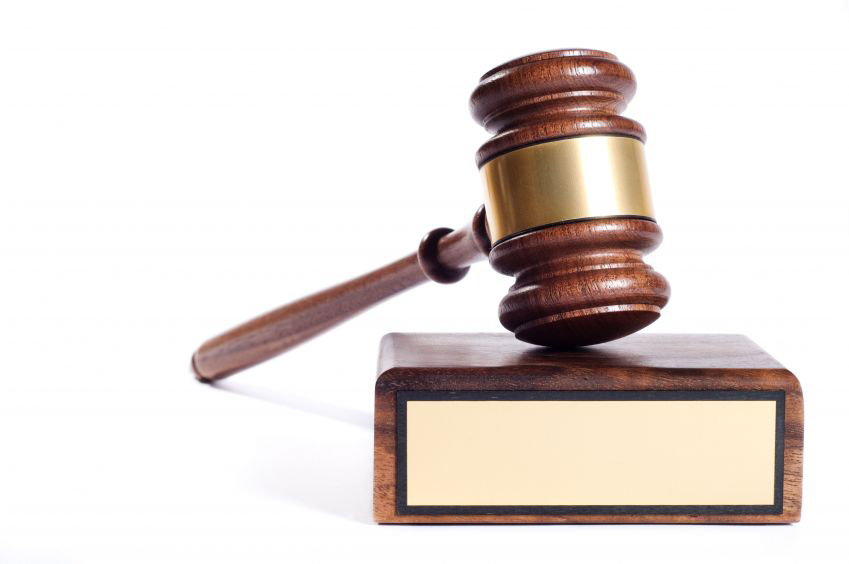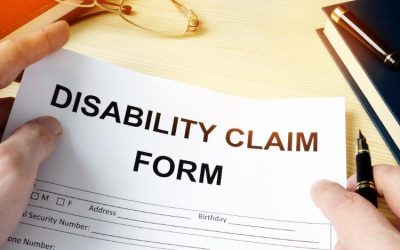Given the prevalence of risky behaviors such as distracted driving and speeding, it is no surprise that auto accidents are rarely caused by one person’s error. Rather, multiple parties’ mistakes can contribute to an accident and the severity of subsequent injuries. In some instances, the victim may be at fault. Because multiple people may share the blame for an auto accident, it can be hard to determine whether and where to file a claim. Thankfully, an injury lawyer in Tucson can help. Below is an explanation of how various legal theories affect auto accident liability.
Pure Contributory Negligence
In this harsh and limiting theory, an individual may not receive personal injury damages if their conduct contributed to the accident in any way. Only five jurisdictions (Virginia, North Carolina, Maryland, Alaska and DC) use this theory.
Modified Comparative Fault
This doctrine allows victims to receive damages for auto accident injuries as long as they are less than halfway responsible for the accident. The term is open to interpretation; “half” can be 50% or 51%, depending on the jurisdiction.
Pure Comparative Fault
Arizona follows the doctrine of pure comparative fault, which means that any harmed individual can pursue a personal injury claim against a liable party. The victim’s share of the blame is irrelevant; even if they are 99% responsible for an accident, they can hire a lawyer and pursue compensation from the person who holds the other 1% of the liability. However, in minor accidents, it may be cost-prohibitive to pursue litigation, and a lawyer may recommend simply negotiating with the other person’s insurer.
How Pure Comparative Fault Rules Affect an Auto Accident Settlement
In auto accident cases that involve comparative negligence, a defendant only has to pay a percentage of the plaintiff’s damages that matches their share of fault. For instance, if a person sues another driver for a rear-end collision but the jury determines that the plaintiff is 50% responsible for the accident, they will only get half of the compensation amount. In some instances, this can mean that a person would not be able to recover enough to justify a lawsuit. To get advice on the best legal options, call Price and Price Law to speak to an injury lawyer in Tucson.


